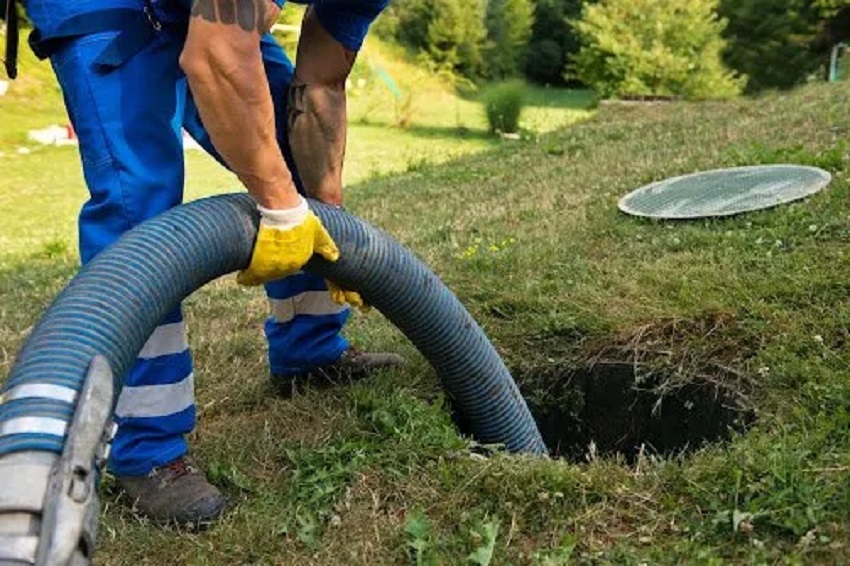A home or business with a septic system must be serviced regularly. It includes having it cleaned and pumped. Failure to do so can result in water and environmental pollution, parasites, and costly repairs. Many septic systems are complex and difficult to maintain. That’s why it is best to hire a professional.
They Have the Right Equipment
Septic services use various tools to ensure their customers’ home waste systems are clean and in good repair. Their job requires them to inspect, maintain, and pump septic tanks. Some septic system maintenance involves removing the tank’s contents and checking it for cracks, leaks, or other issues that may need to be addressed. They also use septic tank cleaners and treatments to keep the system running smoothly. These products speed up the rate at which waste matter is broken down in the septic system, thus reducing the chance of system failure. They also install effluent filters affixed to the septic tank outlet and reduce solids that enter a drain field. Septic technicians must also consider safety when handling machinery and accessing septic systems. They must follow strict protocols and have the right equipment to protect themselves from hazardous conditions that can cause injuries.
They Don’t Put Your Family at Risk
A septic system that isn’t properly maintained can cause serious environmental concerns. Untreated sewage can pollute surrounding waterways and soil if the system gets clogged or overflows. Thankfully, you can avoid this by hiring a septic company to pump the tank and do routine inspections and cleanings of the system. You can also help prevent septic system problems by practicing good hygiene and limiting how much waste enters the septic system. Use a drain strainer in all sinks and showers to prevent food particles and other debris from entering the plumbing. Do not dump feminine hygiene products, cigarette butts, or tissue down the toilet; only human waste and toilet paper should be flushed. You can install water-conserving devices in faucets, showerheads, and bathrooms and divert roof drainage and sump pumps away from the septic system. Remembering an abandoned septic system is a serious safety hazard for homeowners, and unassuming pedestrians is also important. A new septic tank emits dangerous toxic gases like methane and hydrogen sulfide that can ignite or even explode.
They Have Experience
Using specialized equipment and industry knowledge, septic system technicians have the training to understand what’s wrong with your septic tank and recommend the best course of action. Additionally, they may offer routine upkeep and inspections to stop issues before they start. A septic system receives all the wastewater from your home through underground pipes. The waste is then sent to a large, buried tank where solids and liquids are separated. While the liquid waste travels to another area of the septic system where microorganisms break it down, the particles settle to the bottom of the tank and become sludge. Septic systems are complex; having them inspected and maintained regularly is important to keep your family safe. Professionals should do septic tank pumping and leach line hydro-jetting to properly ensure your septic system functions.
They Have a Warranty
The right contractor has a warranty, which can give you peace of mind knowing you’ll be taken care of if something goes wrong with the work. A good contractor will tell you about the warranty they offer upfront. Septic systems are a vital part of the waste management system in homes and commercial buildings. They are designed to last a long time but must be maintained to function properly. Regular septic system inspections can help prevent costly repairs and ensure your home or business’s plumbing runs properly. The home sewer drain, septic tank, and soil absorption field comprise a septic system and an onsite wastewater treatment system. The system collects all the wastewater from household fixtures, including toilets, sinks and showers. Regular maintenance can help your sewage system last longer. Homeowners can help by conserving water and avoiding water-intensive activities, such as washing clothes and dishes in large batches or showering several times daily.



